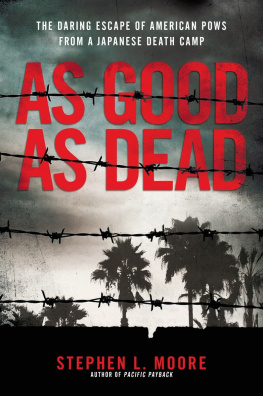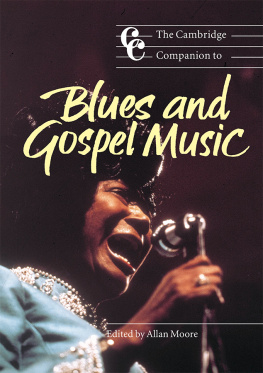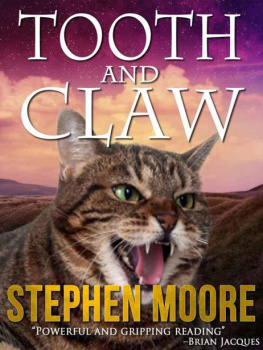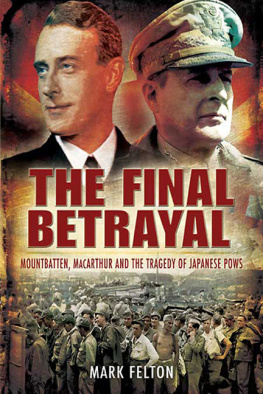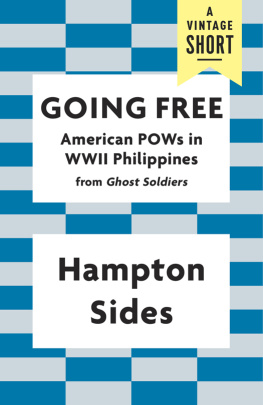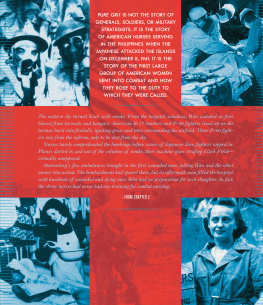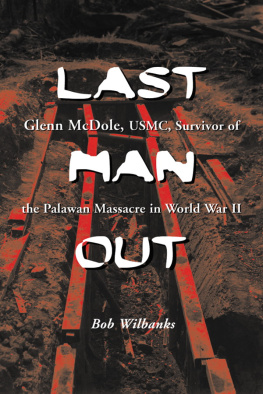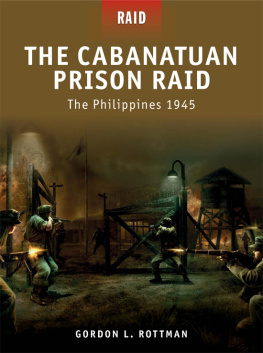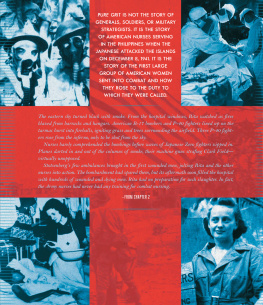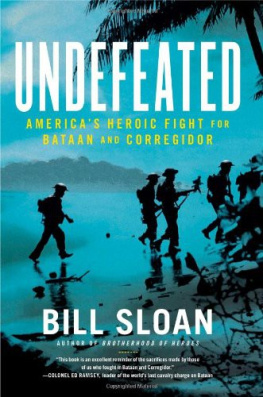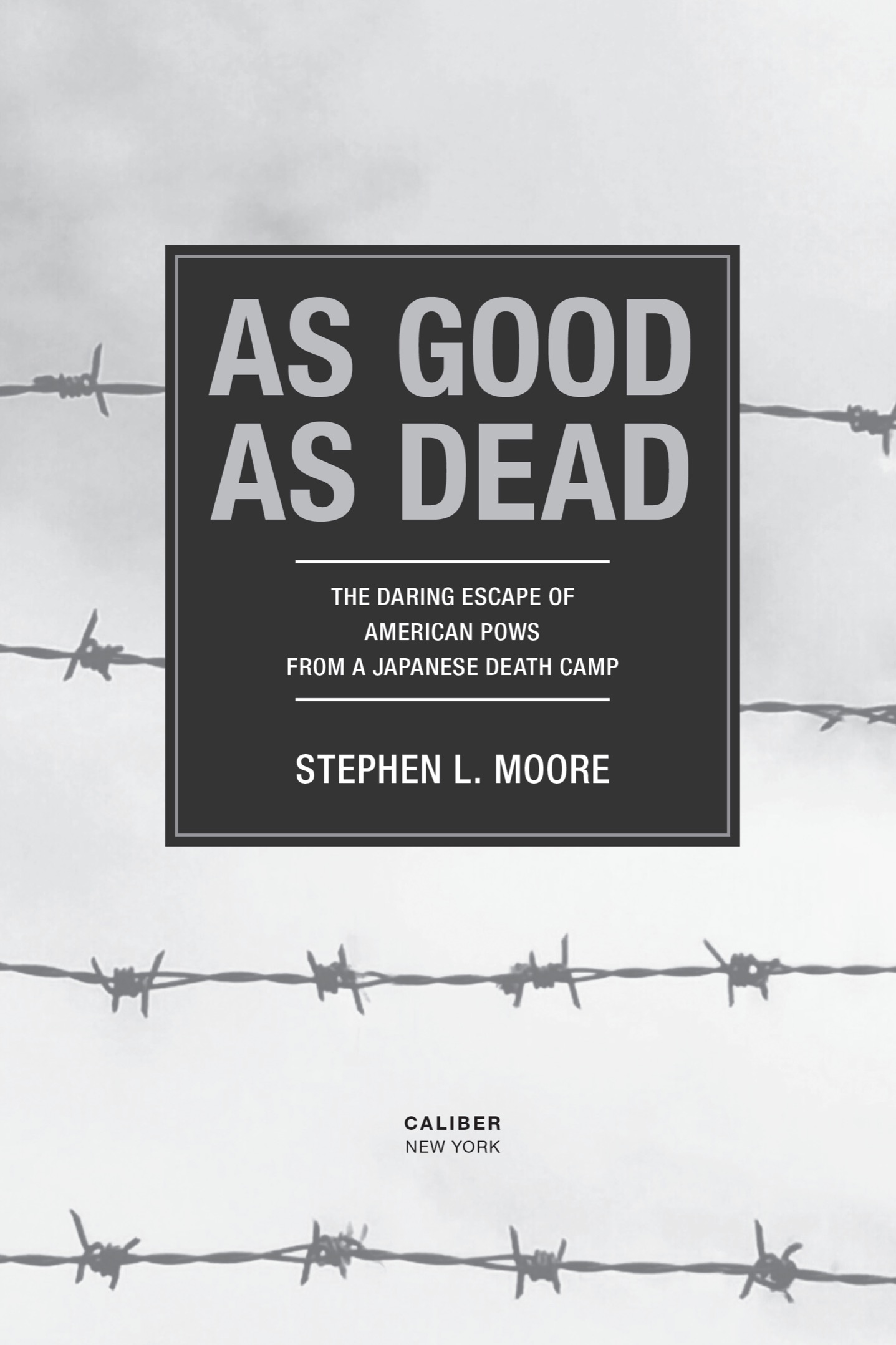OTHER BOOKS BY STEPHEN L. MOORE
The Battle for Hells Island:
HOW A SMALL BAND OF CARRIER DIVE-BOMBERS HELPED SAVE GUADALCANAL
Texas Rising:
THE EPIC TRUE STORY OF THE LONE STAR REPUBLIC AND THE RISE OF TEXAS
Pacific Payback:
THE CARRIER AVIATORS WHO AVENGED PEARL HARBOR AT THE BATTLE OF MIDWAY
Battle Surface!:
LAWSON P. RED RAMAGE AND THE WAR PATROLS OF THE USS PARCHE
Presumed Lost:
THE INCREDIBLE ORDEAL OF AMERICAS SUBMARINE VETERAN POWS OF WORLD WAR II
Relic Quest:
A GUIDE TO RESPONSIBLE RELIC RECOVERY TECHNIQUES WITH METAL DETECTORS
Savage Frontier:
RANGERS, RIFLEMEN, AND INDIAN WARS IN TEXAS VOLUME IV: 18421845
Last Stand of the Texas Cherokees:
CHIEF BOWLES AND THE 1839 CHEROKEE WAR IN TEXAS
War of the Wolf:
TEXASS MEMORIAL SUBMARINE, WORLD WAR IIS FAMOUS USS SEAWOLF
Savage Frontier:
RANGERS, RIFLEMEN, AND INDIAN WARS IN TEXAS VOLUME III: 18401841
Spadefish:
ON PATROL WITH A TOP-SCORING WORLD WAR II SUBMARINE
Savage Frontier:
RANGERS, RIFLEMEN, AND INDIAN WARS IN TEXAS VOLUME II: 18381839
Eighteen Minutes:
THE BATTLE OF SAN JACINTO AND THE TEXAS INDEPENDENCE CAMPAIGN
Savage Frontier:
RANGERS, RIFLEMEN, AND INDIAN WARS IN TEXAS VOLUME 1: 18351837
Taming Texas:
CAPTAIN WILLIAM T. SADLERS LONE STAR SERVICE
The Buzzard Brigade:
TORPEDO SQUADRON TEN AT WAR
(with William J. Shinneman and Robert W. Gruebel)
CALIBER
Published by Berkley
An imprint of Penguin Random House LLC
375 Hudson Street, New York, New York 10014

Copyright 2016 by Stephen L. Moore
Penguin Random House supports copyright. Copyright fuels creativity, encourages diverse voices, promotes free speech, and creates a vibrant culture. Thank you for buying an authorized edition of this book and for complying with copyright laws by not reproducing, scanning, or distributing any part of it in any form without permission. You are supporting writers and allowing Penguin Random House to continue to publish books for every reader.
CALIBER and its colophon are trademarks of Penguin Random House LLC.
Maps by David Lindroth
Library of Congress Cataloging-in-Publication Data
Names: Moore, Stephen L., author.
Title: As good as dead: the daring escape of American POWs from a Japanese Death Camp/Stephen L. Moore.
Description: New York: CALIBER, 2016. | Includes bibliographical references and index.
Identifiers: LCCN 2016029721 (print) | LCCN 2016029942 (ebook) | ISBN 9780399583551 (hardback) | ISBN 9780399583575 (ebook)
Subjects: LCSH: Prisoner-of-war escapesPhilippinesPalawan IslandHistory20th century. | World War, 19391945Prisoners and prisons, Japanese. | Prisoners of war JapanBiography. | Prisoners of warUnited StatesBiography. | Palawan Island (Philippines)History, Military20th century.
Classification: LCC D805.P6 M64 2016 (print) | LCC D805.P6 (ebook) | DDC 940.54/7252095994dc23
LC record available at https://lccn.loc.gov/2016029721
First Edition: November 2016
Jacket art: Image of wildfire by David McNew/Staff/Getty Images News; image of storm clouds by Dave and Les Jacobs/Blend Images/Getty Images; image of barbed wire by Hidetoshi Tanaka/EyeEm/Getty Images
Jacket design by Michael Nagin
Title page image of barbed wire by Hidetoshi Tanaka/EyeEm/Getty Images
While the author has made every effort to provide accurate telephone numbers, Internet addresses and other contact information at the time of publication, neither the publisher nor the author assumes any responsibility for errors, or for changes that occur after publication. Further, publisher does not have any control over and does not assume any responsibility for author or third-party Web sites or their content.
Version_1
CONTENTS
PROLOGUE
D OU G B OGUE WISHED he could make himself invisible.
Crouching behind large rocks on the beach of Palawan Island, the Marine sergeant watched as Japanese soldiers shot and bayoneted American POWs who were fleeing for their lives along the shore. Sixty feet above, atop the steep bluff overlooking the rocky coastline, black smoke rose into the blue sky, a vivid reminder of the unspeakable horrors he had just escaped, scraping through the barbed wire fencing and tumbling down the cliff toward the Sulu Sea below.
Bogues body was a mass of injuries. His hands and torso had been slashed as he plunged through the razor wire. His right leg throbbed from a rifle bullet embedded in his thigh, and his bare feet were lacerated and bloody from running along the rough coral beach. As he hid behind the boulders, nearly naked, trying to catch his breath and wondering what to do, two POWs ran past him in an attempt to swim to freedom. Both men were cut down by Japanese riflemen.
It was December 14, 1944. For twenty-eight months, Bogue had slaved as a prisoner of war for the Imperial Japanese Army, working to build the second-largest airfield in the regionone being used to attack Allied forces in the Philippines. He had endured unbearable heat and humidity, illness, physical abuse and torture, and near starvation, and his once-powerful frame had been reduced to skin and bones. That dismal life now seemed merciful in comparison.
All around him, Bogue could hear the screams of other Americans being slaughtered as they tried to escape. If he ran for it, he knew he might be shot down like the rest. If he stayed put... Either way, the odds were stacked against him. He had to do something, and quickly.
One thought raced through his mind: Theyre going to hunt us down and kill every last one of us.
THE DEATH MARCH
I T WAS A time when even the most optimistic of souls had little left to believe in. American servicemen, who just a year earlier had relished duty in the Philippines for its enviable life, now questioned their purpose. They were men abandoned by their own government, left to hold out against a fate already cast, and now, late in the afternoon of April 8, 1942, their five-day fight for freedom and survival was nearing its futile end.
Still, Beto Pacheco was not about to surrender. Handsome, athletic, and quick to flash a toothy smile in better times, the private first class now looked like a bum: His once-sharp uniform had been reduced to rags, his shoes were nearly worn through, and even his underwear was in shreds. Weeks of exposure to the brutal tropical sun had burned his skin, but Pachecos Spanish and Mexican ancestry had at least provided him more natural protection than some of his fair-complected companions.
The air smelled of death, dirt, smoke, and gunpowder. The once-lush green jungles were denuded of vegetation, swept bare by endless weeks of pounding artillery and aerial bombardments from the Imperial Japanese Army. Explosions sent shock waves through the earth around Pacheco as he and his comrades continued firing back with their few antiaircraft guns that were still marginally operational. Silver-winged Japanese warplanes flashed past, unleashing violent bomb blasts and chattering rounds of machine-gun bullets that shredded the nearby jungle surrounding the last two American airfields on the Bataan Peninsula.
For Pacheco, the last stand at Bataan was a true test of his devout Catholic faith. At one point, as a strong force flung him from his foxhole, he felt as if the hand of God had saved him. A brilliant red-orange blast left him no time to determine whether a nearby artillery round had propelled him. When the acrid black smoke parted, two of his comrades lay dead in the hole from which he had been thrown.

